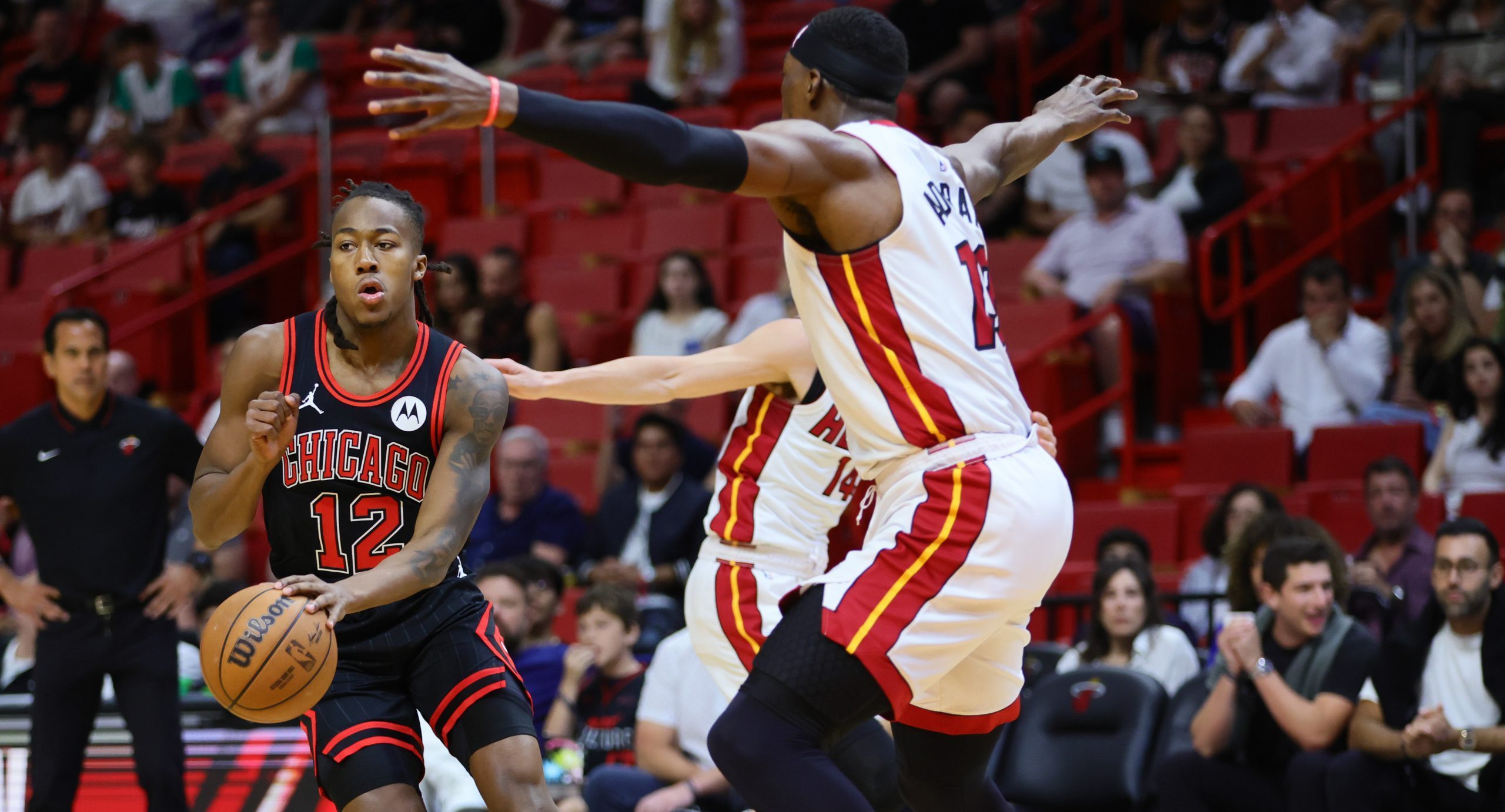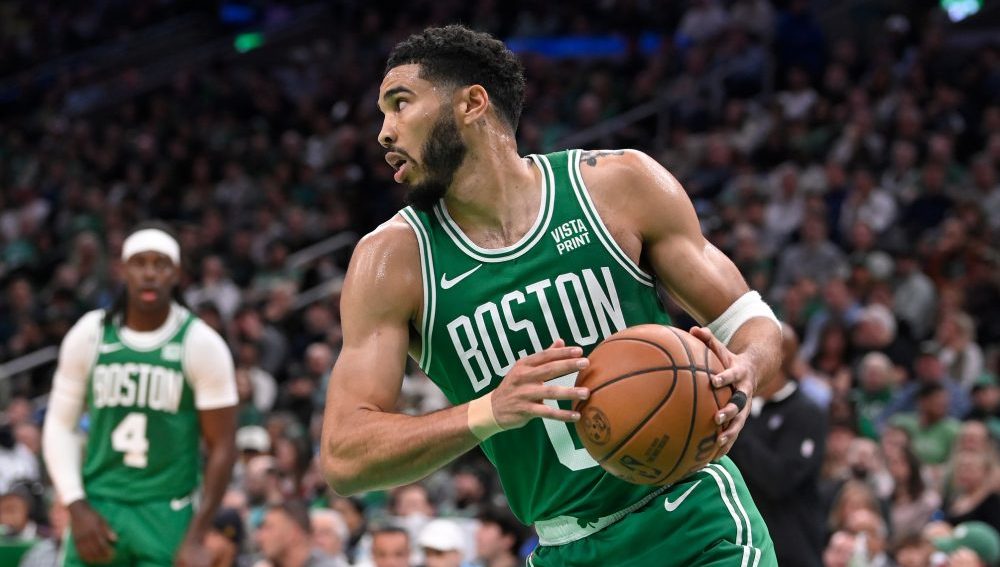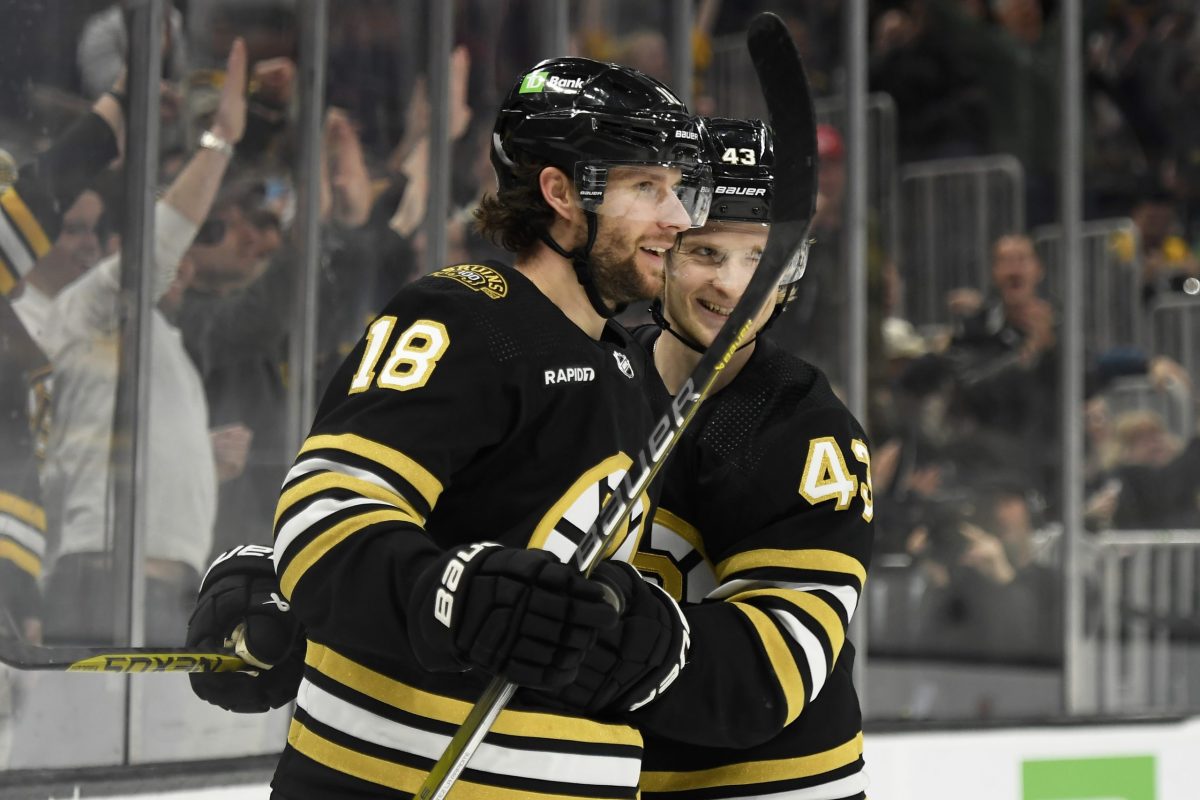AA: When you were talking to Sports Illustrated, you mentioned that if you were to address something like the recent ESPN layoffs, you’d do so from the journalism side rather than really the business side. Do you feel you have the freedom to really comment on business-side decisions at all? On conflicts of interest, that sort of thing? Or are you specifically focused on more the journalism side?
JB: I guess I’d put those in different categories. The conflict of interest, that’s really—when I say I’m not talking about business, I’m not talking about the changing cable model and what that means for the bottom line. That’s the stuff I’m not qualified to discuss. I think a conflict of interest is more of an ethical question than it is a business question. It’s obviously influenced by business, but conflict of interest I would put more in the category of ethics, and that is clearly something that’s in my purview.
AA: So, to what extent do you think you can comment on business things then? Where is that line drawn on what you’re going to comment on and what you won’t comment on?
JB: I think there are lots of articles out there about the changing model, and certainly quoting what other people are writing about ESPN and its business model, and ESPN execs, I certainly can ask them as part of the job about the changing business model. What I mean is I don’t want to be the guy who says “I would not have done this. I would not have made this business decision if it was me.” Because at the end of the day, even though I think I’ve always been a journalist very focused on how we make money in this industry, because it’s sort of important, I don’t position myself as a business analyst with enough standing to make those decisions. But certainly, it will be part of those discussions, but that information will come from other sources and people at ESPN directly, as opposed to my saying “I would have/would not have done this particular thing.”
AA: On the evolution of the ombudsman/public editor role, you said you haven’t really talked to too many of your predecessors, but do you have any opinions on the different ways they’ve handled the job? Anyone you really want to emulate, or do things differently from?
JB: No, I think there will be pieces of all of them that I’ll pick up on. I think the things they’ve focused on have been the right things. The evolution a little bit on my end comes more just from my own belief that you know, we in journalism broadly and I think maybe newspapers specifically, because that’s where I spent most of my first 15 years, we had such a good business for such a long time that we sort of lost track of our readers. We stopped worrying about what they wanted. We reveled in our 30 per cent margins, went on hiring binges and kind of stopped listening to what people who used our products wanted. So, ever since I’ve been on the digital side, that’s always been a very core focus of mine.
When I was running washingtonpost.com, we were the first big U.S. paper to launch comments and blogs. I’ve always felt like if the readers are not represented very aggressively in the strategy, you’ve got a problem. So for me, that was part of the thing that was interesting to me, making sure that this doesn’t just become a job where you’re reacting to what media critics of ESPN are saying, although that’s obviously part of it. I also want it to be a place where you’re hearing the people that don’t have those public platforms on a daily basis, to try and get a sense of, in aggregate, some of the things that bother them or concern them about ESPN’s coverage or whatever, and make sure that’s reflected too.
AA: Something that’s changed with this role in recent times, first with Poynter and then with Robert Lipsyte, is there have been a lot more interviews of ESPN personnel about certain decisions and representing those internal perspectives. Do you feel that’s an important part of the job, and how much are you looking to do that?
JB: Sure. Like any journalist, part of the job is talking to people who make decisions and getting all the information you can get out of them, so I think it’s crucially important to have those conversations. You still have to be in a position to judge as best as you can whether decisions were handled publicly in the right way or whatever, but yes, absolutely. I think it would be very hard, frankly, to be the opposite, to sit outside the organization wholly, to not really talk to people inside the organization, and then weigh in on decisions that are made. I don’t think that reflects what journalism is about. You do your best to get all the information that’s relevant and then you put your piece together. I would not want to be in a position where you’re supposed to sit outside and make judgements without being informed.
AA: From the outside, what do you really appreciate about ESPN? Are there any people you really admire there, any parts of ESPN you’ve liked consuming?
JB: Well, I’ve been a website consumer for a long time, and I’ve always been impressed with its ability to evolve and to not be satisfied with any particular design. They’re always willing to push a little bit. I think on mobile, they’ve been very progressive. I know when I was at washingtonpost.com, I was talking to Patrick [Steigman, ESPN VP and editorial director, digital and print media] at a conference, and washingtonpost.com’s a pretty big site, and he was giving me the kind of range of where ESPN’s mobile traffic was, and I thought, “Oh my god, they have more mobile traffic than we have traffic.” And that was before mobile was big! It made me realize the success they were having. Obviously the subject matter helps quite a bit, people need their scores and their fantasy updates and all, but still, it was pretty impressive to see where they were. So I’ve always been impressed by their willingness to not stand still for very long.
Beyond that, I know a ton of people, like Tony [Kornheiser] and Mike [Wilbon] obviously from my time at the Post, and a whole variety of other folks. But generally at this point, I think my opinions beyond that should probably be reflected in what I write, and should be more informed now. I feel like I can’t just be a fan, I can’t have a fan’s level of ESPN analysis any more. If I do it, it’s got to be done with all the reporting necessary.
CLICK HERE TO CONTINUE READING >>>








Comments are closed.